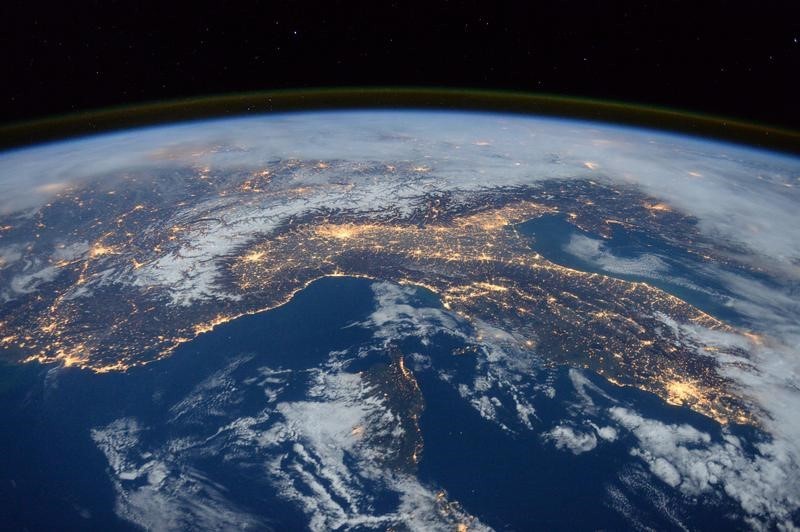
NASA's two experiments designed to monitor the space environment will orbit the Moon through the Gateway space station soon. While experimenting, how does the ISS program maintain crew members safe from probably dangerous pathogens?
The space station-which orbits the Earth at an altitude of around 250 miles-is at the same time operated by the U.S., Russia, Japan, Europe, and Canada. The Russian space agency Roscosmos leads the training for launches of Soyuz, the only spacecraft successful of launching astronauts to and from the Station.

Experiments to keep an eye on the radiation environment in lunar orbit
The experiments will hold an eye on the radiation surroundings in lunar orbit to help scientists discover ways to keep astronauts safe as they explore deep space, according to Axios.
Thomas Zurbuchen, NASA's associate administrator for science, said in a statement that the space agency would discover ways to improve forecasting space climate.
One of the instruments built by the European Space Agency will reveal radiation from the Gateway, giving humans again on Earth a higher experience of how much exposure astronauts could have in lunar orbit.
NASA's space weather Gateway experiment will keep an eye fixed on solar debris and the solar wind to useful resources in predicting space climate that can damage human beings and satellites in orbit.
However, NASA said the schedule remains unclear as to when precisely the Gateway could be orbiting the Moon.
SpaceNews reported NASA's head of human spaceflight, Doug Loverro, advised the space corporation's Advisory Council that the Gateway has been taken off the "important direction" for NASA's first Artemis Moon undertaking in 2024.
Great care is already taken before launching astronauts to ISS
Before launching astronauts to the ISS, exceptional care is already taken to prevent the team from bringing potentially dangerous viruses on board with them. Hence, the radical coronavirus outbreak isn't currently having much of an impact on safety procedures.
"[Before] launching to the International Space Station, the crew is quarantined and observed for any potential symptoms and tested," Luis Zea, a researcher from BioServe Space Technologies at the University of Colorado Boulder, told Newsweek.
NASA says it applies these quarantine measures to all of its astronauts before they're sent to the space station inside the Soyuz capsule-which is released from Kazakhstan.
Courtney Beasley, a spokesperson for the gap agency, instructed Newsweek that each one of its crew have to live in quarantine for two weeks before launch. This makes it positive that the team is not sick or incubating an illness.
Beasley added NASA's crew also have to stay in quarantine for two weeks before they launch to makes sure that they aren't sick or incubating an illness.
Zea stated objects that move up to Station are thoroughly cleaned and sterilized. Taken together, these quarantine and cleansing measures make it not possible that disease-causing pathogens will infect astronauts onboard the ISS, even within the context of the modern-day outbreak, in keeping with Zea.
Nevertheless, all astronauts go through scientific emergency education and maintain regular contact with a team of docs on the ground who carefully display their health. And when a medical emergency does occur, the team has strategies in the area to deal with the situation.
ⓒ 2026 TECHTIMES.com All rights reserved. Do not reproduce without permission.




